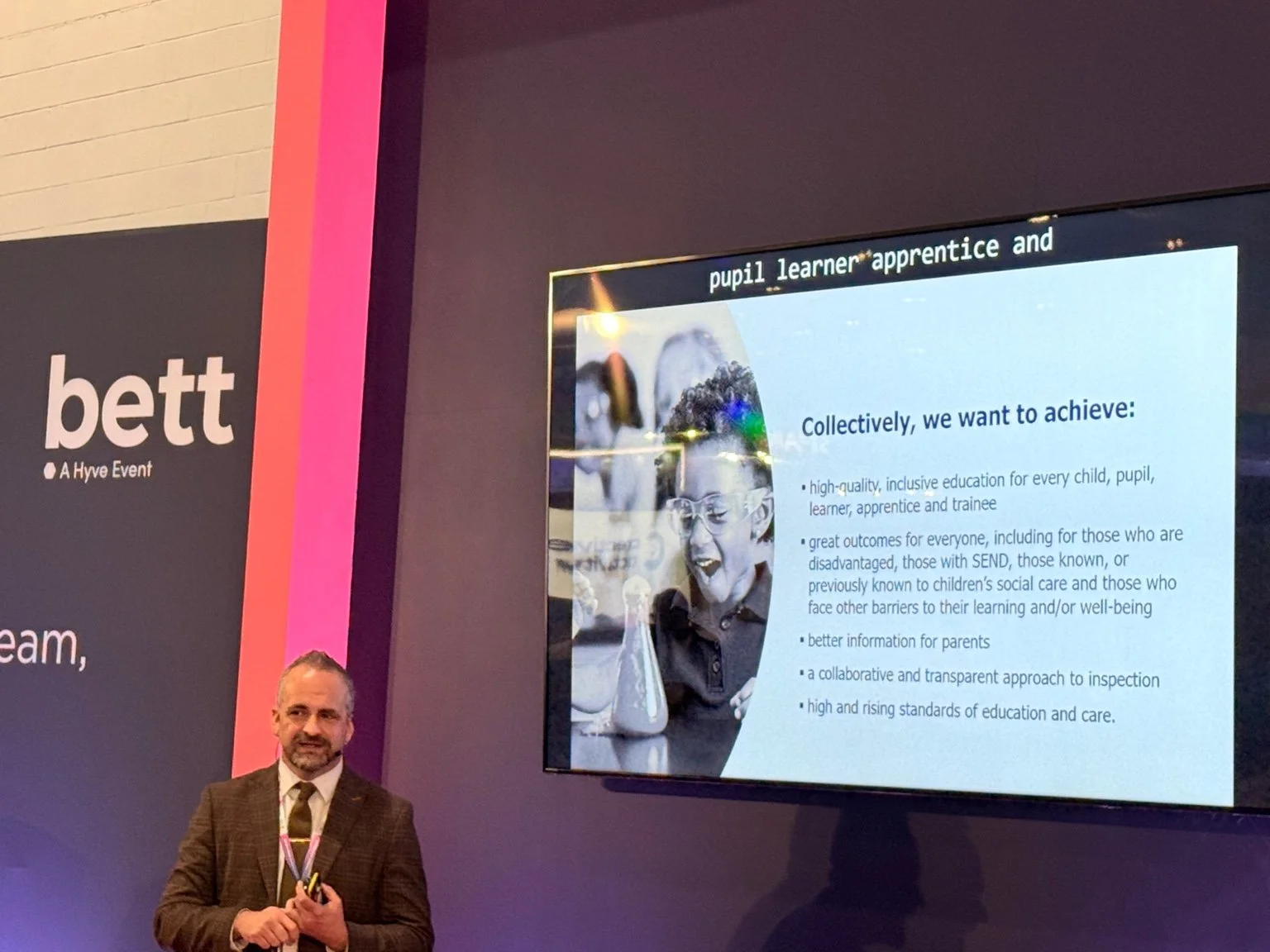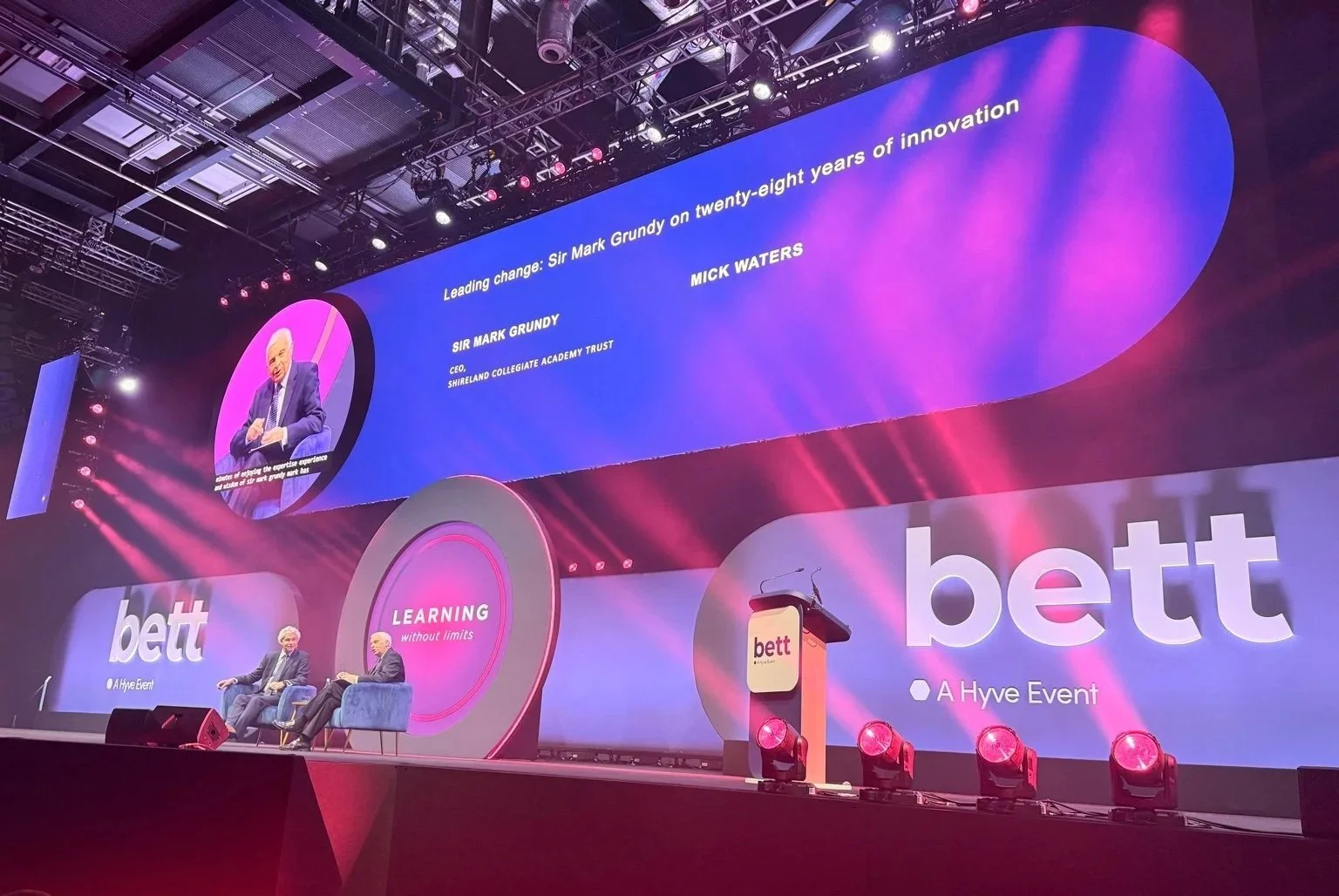Aston University and University of Leeds win £3.4 million for AI tools researcher development network
A joint project by Aston University and University of Leeds to set up a network assessing publicly available AI tools for PhD research has been awarded £3.4 million by the Research England Development Fund.

The network will also include the eight Midlands Innovation research universities and the 12 universities from the Yorkshire Universities consortium.
Publicly available tools, such as ChatGPT and Microsoft CoPilot, are rapidly being adopted in academia, but present challenges alongside their potential to reduce workloads and increase efficiency.
The AI Researcher Development Network Plus (AI.RDN+) will respond to the challenges these tools pose and carry out an extensive consultation with PhD researchers, supervisors, examiners, and research-enabling staff.
AI.RDN+ will then create a resource base with guidance on the AI tools available and how they can be used, identifying case studies of best practice. Their findings will be shared on a new AI.RDN+ portal.
Professor Phil Mizen, Professor of Sociology and Policy at Aston University, who is leading the team, says: “The Artificial Intelligence Researcher Development Network Plus will provide detailed knowledge of the uptake and impact of publicly available AI tools across the doctoral ecosystem and use this to co-create much-needed information, resources and professional and skills training opportunities.
“Our project is a unique opportunity to build knowledge and capture innovation, and to use this to build the resources needed for the ethical and responsible use of AI in doctoral research.”
The ETIH Innovation Awards 2026
The EdTech Innovation Hub Awards celebrate excellence in global education technology, with a particular focus on workforce development, AI integration, and innovative learning solutions across all stages of education.
Now open for entries, the ETIH Innovation Awards 2026 recognize the companies, platforms, and individuals driving transformation in the sector, from AI-driven assessment tools and personalized learning systems, to upskilling solutions and digital platforms that connect learners with real-world outcomes.
Submissions are open to organizations across the UK, the Americas, and internationally. Entries should highlight measurable impact, whether in K–12 classrooms, higher education institutions, or lifelong learning settings.
Winners will be announced on 14 January 2026 as part of an online showcase featuring expert commentary on emerging trends and standout innovation. All winners and finalists will also be featured in our first print magazine, to be distributed at BETT 2026.























